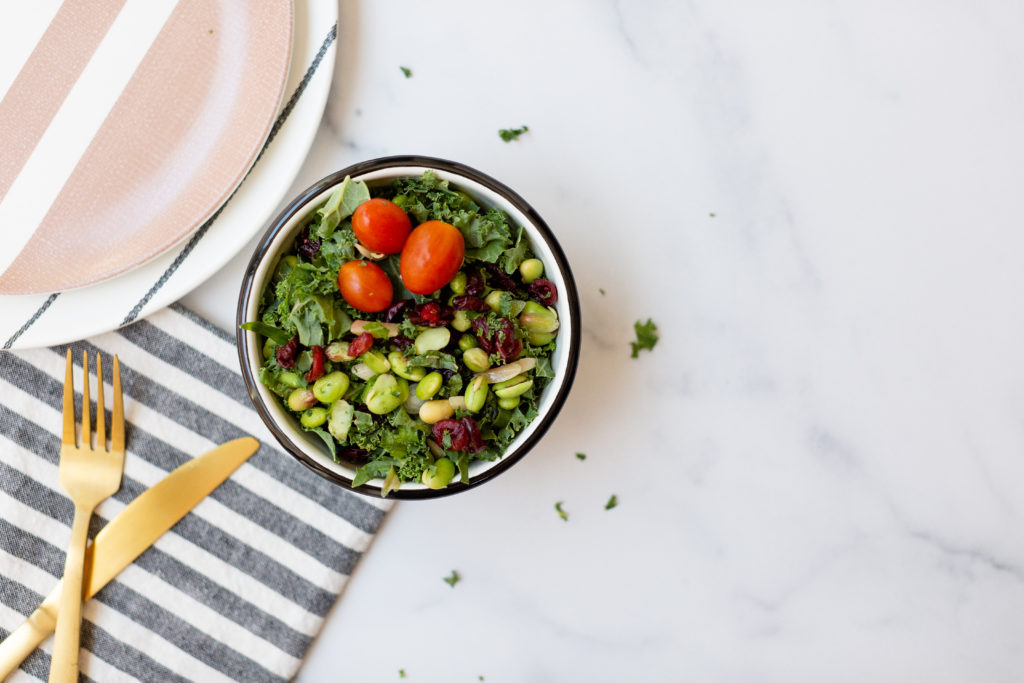Reasons Why You Might Not be Losing Weight Even with Exercise and Dieting
Let’s say that you’ve been trying to lose weight for years. Maybe you’ve even tried every diet or exercise program on the market. You eat at home instead of going out for dinner, and nutritionists and chefs carefully choose your groceries. You go to the gym five times a week, sometimes more—but nothing seems to work. What gives?
It turns out that there are many reasons why it might be difficult for you to lose weight, including some unexpected ones. Here are just a few:
You Could Be Overeating Without Realizing It
If you’re not already doing this, try keeping a food journal. You may be surprised by how much more you are snacking than you thought you were (don’t worry, we have all been there). If you track your diet for two or three days, it should become clear whether eating at specific times of the day (like late at night) contributes to extra calories.
Also, take note of when and why you’re reaching for food—are there certain activities that lead to overeating? Is there an emotional response that triggers cravings? Do certain people trigger emotional responses that make it easier to overeat?
The best way to avoid overeating on accident is to meal prep and stick with it! Don’t worry; I have you covered! Just check out my resources, and you will be on your way to avoiding overeating!
Your Hormones Could Be Off Balance
Hormones play a significant role in weight loss and are often the culprit when you do not see results. For example, low levels of leptin—a hormone that regulates metabolism, appetite, and energy levels—can cause your body to store fat instead of burning it.
If you suspect you may be experiencing a leptin deficiency, it is best to consult your healthcare provider first. There are also a few tips that may help you manage low leptin symptoms, such as avoiding high processed food, avoiding very restricting diets, and managing your stress.
If you have polycystic ovary syndrome (PCOS), which is caused by irregular menstrual periods and other symptoms such as acne, excess hair growth on the face or body, and obesity, it’s possible that this may be contributing to your weight gain.
Try these tips to help manage weight gain with PCOS:
- Eat a high-protein diet
- Increase your fiber intake
- Load up on water
- Eat fermented foods
- Incorporate healthy fats (olive oil, salmon, avocado)

Your energy intake is too low
Of course, a calorie deficit is the goal when trying to lose weight, however, eating too little can actually have detrimental impacts on your weight loss plan. Now, if you are eating a typical fad diet of 1200 calories, you will most likely lose weight rapidly. But the issue is that a calorie intake that is far too low will put your body into starvation mode and ultimately slow down your metabolism, which can lead to future weight gain.
On the other hand, a caloric intake that is too low will also result in a lack of proper nutrition. If you aren’t fueling your body with the right nutrients and vitamins, you will experience fatigue, illness, and muscle loss.

More Exercise and Stricter Dieting Aren’t Always the Best Solutions
I know what you’re thinking. You’ve heard it before: more exercise and stricter dieting aren’t always the best solutions. Strict dieting is especially harmful to your health and can lead to binge eating, which we’ve established is bad for you. But if you’re not getting anywhere with more exercise and stricter dieting, there may be a reason why.
It’s possible that all of the extra exercise or dietary restriction isn’t working because your body isn’t actually hungry for food; maybe it’s hunger for something else entirely; what if it’s rest?
A proper diet and exercise routine are necessary when it comes to losing weight. However, it is essential that you rest and recover in between workout sessions and ensure that you continue to eat enough nutrients.
If you are following a routine but are still waiting to see the results you were hoping for, you may need to reconsider your weight loss plan. Sometimes, the best thing you can do for your weight loss journey is to listen to your body, rest when it needs rest and eat when you need food.
The
[FREE] BRIDAL MINI GUIDES
Achieve your body goals with one or all of these free bride training and wedding fitness resources.





+ Show / Hide Comments
Share to: